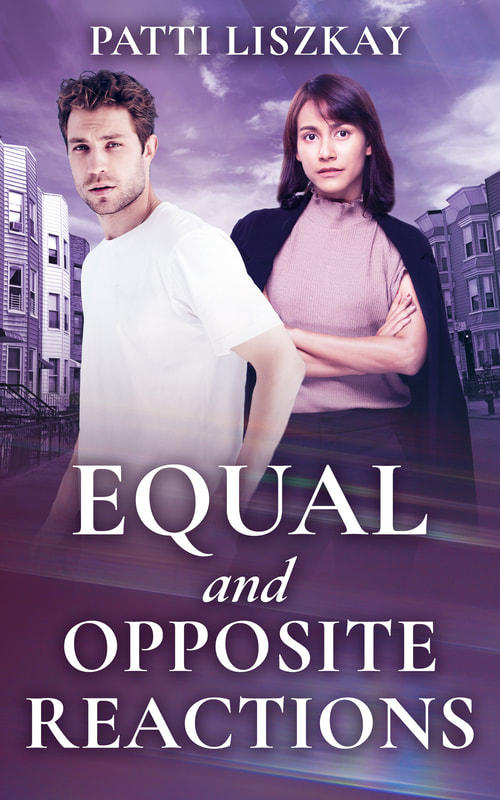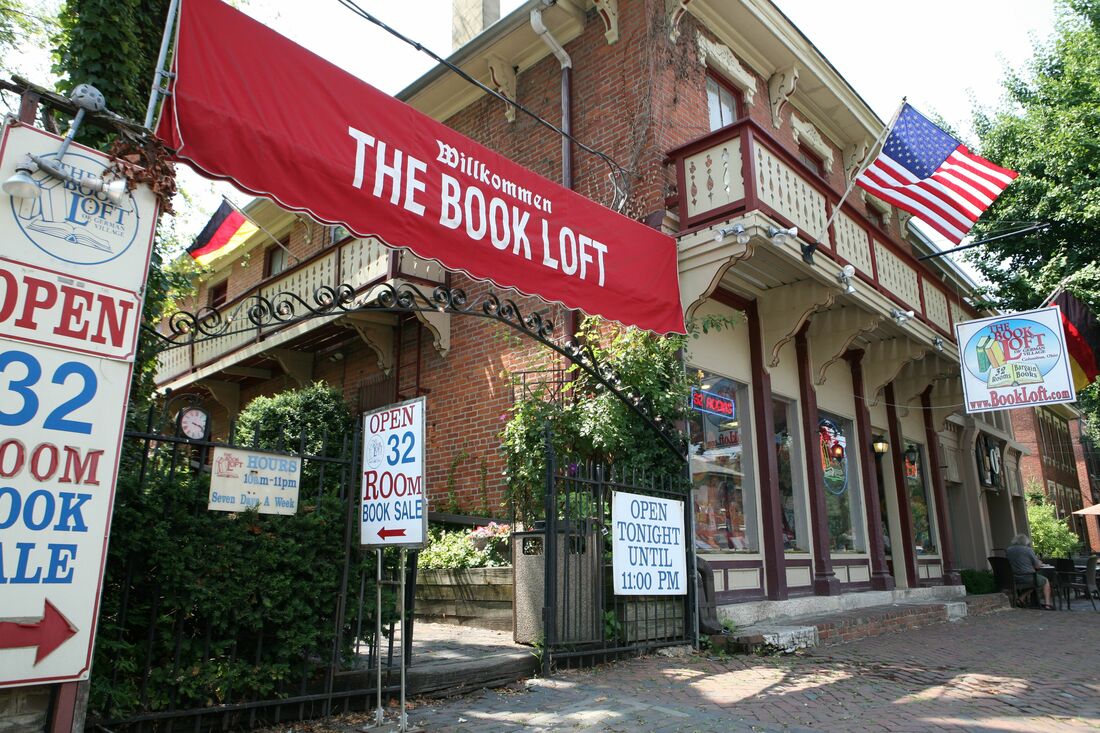|
In yesterday morning's New York Times I came across a letter to the editor from a lawyer who fights discrimination against members of the LGBTQ community. Now of course I know about the LGBT community, but I'd never heard of the expression "LGBTQ", though I kind of had a feeling about what the Q might stand for, if not what it means in this context. So I went online and found a recent USA Today article that addressed the Q question. It turns out that Q does in fact stand for "queer". The LGBT community has been reclaiming this word from its past as a demeaning slur, too often accompanied by violence, and is now using it as a word to help describe, according to an individual interviewed in the article, anyone "that exists outside of the dominant narrative," Queer, then can mean that one is lesbian, gay, bisexual or transgender, or it can mean that one isn't quite sure where one fits on the gender-orientation spectrum. It can mean that one has accepted not fitting into one or another gender-orientation category. Or it can mean that one is still trying to figure it all out, that one is questioning, which is also what the Q stands for. "Questioning" is, in fact the better word to use for now, as "queer" hasn't yet completely broken free of the stain of its past use, and there are those within the LGBTQ community, or even the straight community, who still find the word offensive. Like me. But maybe if society starts using that word, "queer", purely as a descriptive word, the same way we now use "male", "female", "gay", "straight" without any unkind intent, it will cease altogether being an unkind word. According to the article the word is getting closer to that place among the younger generation. But it's not there yet. Nor is Q the last letter. Even as society's understanding and acceptance of those who "exist outside the dominant narrative" is growing, the acronym has grown to sometimes include two more letters, "I" and "A". The I stands for "intersex", meaning those who have physical characteristics of both sexes, or who may have the physical characteristics of one sex on the outside but the sex organs of the other on the inside. The "A" stands for "asexual", or those who aren't sexually attracted to anyone. But the "A" can also stand for another group: the allies, those who are straight but support the LGBTQIA community and the cause of gay rights and equality. So, then, LGBTQIA includes a place for everyone, if not everyone in their place. References:
1. "After Marriage Equality", Anya Mukarji-Connolly, Letters To The Editor, The New York Times, July 6, 2015. 2. "What does the Q in LGBTQ stand for?", Lori Grisham, USA TODAY Network, 9:42 a.m. EDT June 1, 2015. 3. "What does LGBTQIA mean?" , Tahoe Safe Alliance, http://tahoesafealliance.org/for-lgbqtia/what-does-lgbtqia-mean/
2 Comments
Frank H
7/7/2015 04:31:41 am
Life was easier when we simply used the categories in which we were created by God: Male, Female. End of story.
Reply
Patti
7/7/2015 06:05:19 am
But Frank, who created the people who don't fit into those categories?
Reply
Leave a Reply. |
"Tropical Depression"
by Patti Liszkay Buy it on Amazon: https://www.amazon.com/dp/B0BTPN7NYY "Equal And Opposite Reactions"
by Patti Liszkay Buy it on Amazon: http://amzn.to/2xvcgRa or from The Book Loft of German Village, Columbus, Ohio Or check it out at the Columbus Metropolitan Library
Archives
July 2024
I am a traveler just visiting this planet and reporting various and sundry observations,
hopefully of interest to my fellow travelers. Categories |






 RSS Feed
RSS Feed